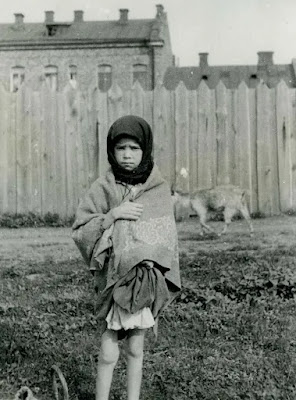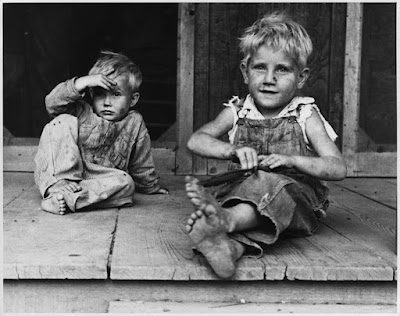Kamala Harris's frenzied
minions hate rural America and have written it off in their frantic campaign to put their addled candidate into the White House. In their fevered
minds, the battle for control of America's soul is not a conflict between blue
states and red streets; it's a war between Democratically run cities and the
rural and small-town heartland.
It is true that the Dems tried to sell Tim Walz, Kamala's running mate, as a common-sense Midwesterner, but the hayseeds smoked him out as a buffoon who can't load a shotgun. They derisively mock him as "TamponTim," a moniker that may or may not be fair.
The progressive Dems
showed their hand years ago when Obama referred to rural Americans as bitter
rubes clinging to their religion and their guns, and Hillary referred to them
sneeringly as "a basket of deplorables."
Indeed, today's Democratic
party bosses are much like the Russian Bolsheviks, whose idea of ideal proletarians
were urban factory workers too dumb to realize they were being manipulated by
their Communist overseers.
Robert Conquest, in his
study of the Bolsheviks' ruthless suppression of the Russian peasants, wrote
that Stalin considered the peasants to be mere "scum" and that Marx
compared them to "a sack of potatoes."
The Soviet apparatchiks in Moscow
simply could not understand the Russian peasantry--people who lived close to
the land, dwelled in small, close-knit villages, and had a mystical devotion to
their religion and Mother Russia.
Thus, Stalin falsely defined the
Russian kulaks as anti-revolutionary capitalists and deliberately starved millions of them to death. In Stalin's mind, Russian peasants were a basket of
deplorables who should be wiped from the face of the earth. One might say the Russian peasants were getting in the way of Stalin's politics of joy.
In two weeks, the election will be over, and America will either return to sanity or the nation will descend into the mind-fuckery that brought the nation transgender school sports and Venezuelan drug gangs.
If Americans are stupid enough to
elect Kamala as president, then America is done. We will no longer be the land
of the free and the home of the brave.
If Kamala is sworn in as our nation's commander and chief, in my view, rural and small-town America will become more of a backwater than it already is--a land of rising mortality rates, drug dependecy, joblessness, and suicide.
But who cares? Kamala's fawning press corps refers to the people in the Heartland as "white Christian nationists, which, of course is a code word for fascists.
 |
| I'll have a word salad to go and a basket of deplorable fries.. |



